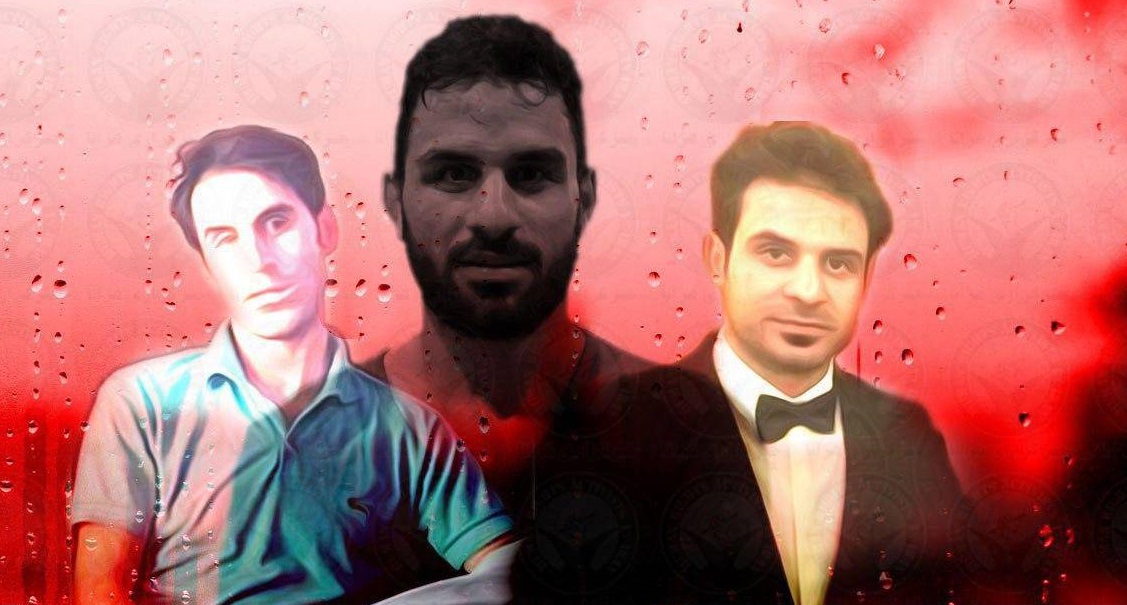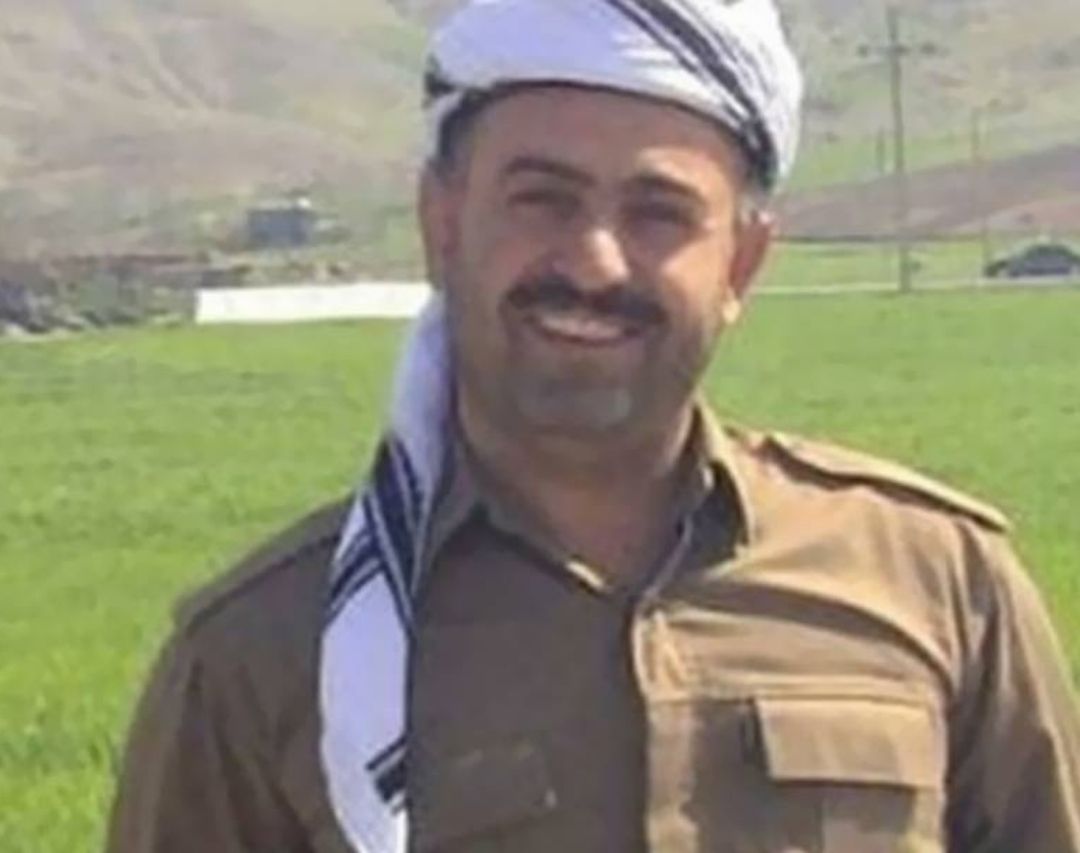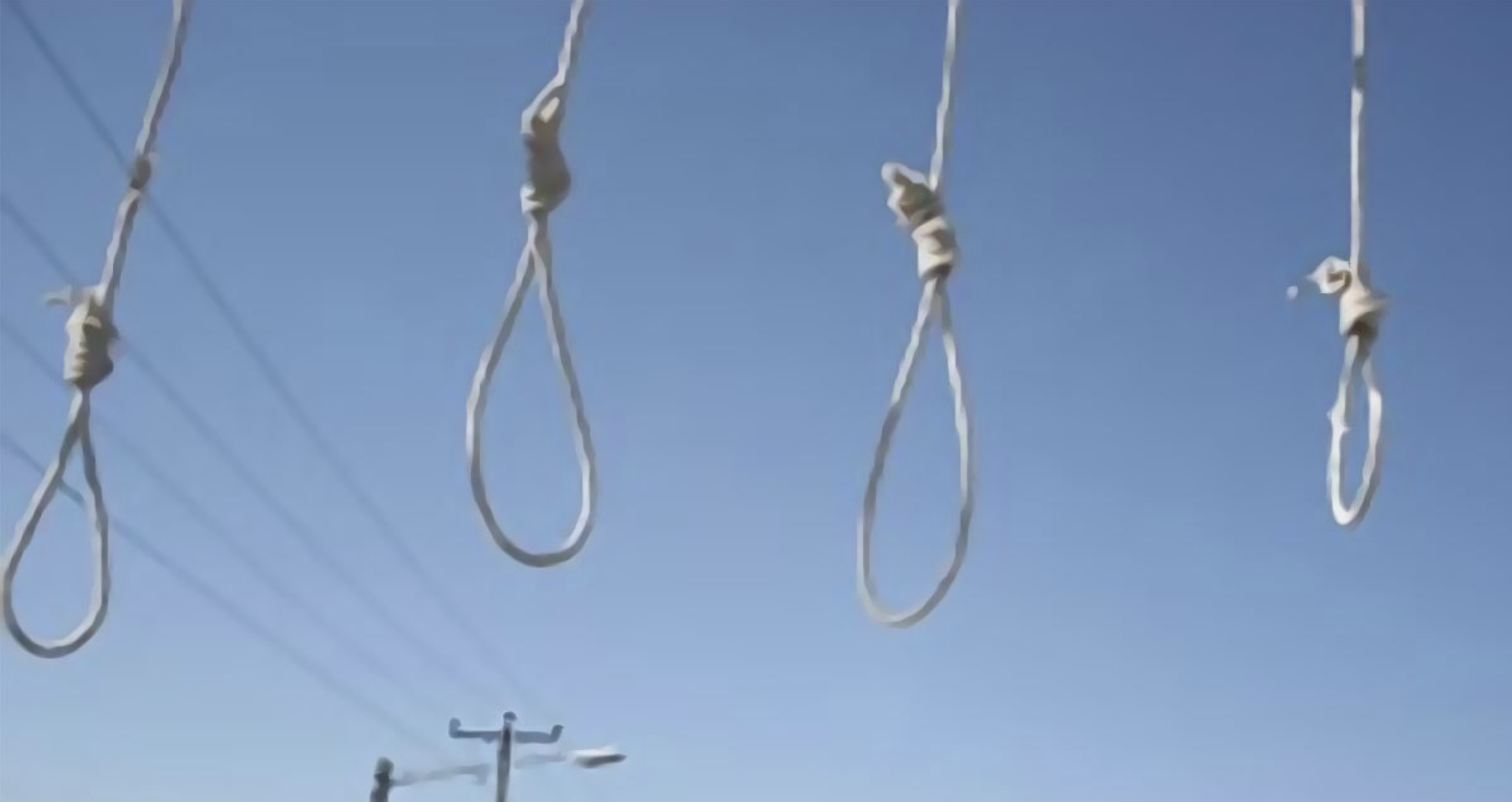Political prisoner Vahid Afkari’s request for retrial was recently rejected by the Supreme Court.
According to HRANA, the news agency of Human Rights Activists, Afkari is currently imprisoned in Adelabad Prison in Shiraz.
Saeid Dehghan, the lawyer for the Afkari Brothers, wrote in a note on his social media, “Even if they had just skimmed and scanned the case document, there were enough legal reasons to accept a retrial as the verdict contains 24 contradictions and 3 lies.” Dehghan went on to ask, incredulously, “25 years imprisonment only based on the Judge’s knowledge and without observing Article 211 of the Penal Code?”
Navid Afkari and Vahid Afkari were arrested in September 2018, and Habib Afkari was arrested in December 2018 in connection with the nationwide protests in August 2018. The brothers have been repeatedly beaten and tortured during interrogations.
After being tried by the Revolutionary Court of Shiraz’s Criminal Court, Navid Afkari was sentenced to 2 death sentences, six years and 6 months imprisonment, and 74 lashes, Vahid Afkari was sentenced to 54 years and 6 months imprisonment and 74 lashes, and Habib Afkari was sentenced to 27 years and three months in prison and 74 lashes.
Despite the serious flaws in the basis of the case against the brothers, and despite a wave of worldwide support for him and calls for authorities to halt the execution, one of the three brothers, Navid Afkari, an Iranian wrestler, was executed at Adelabad Prison in Shiraz at dawn on September 12, 2020.
That same month, Vahid and Habib Afkari were transferred to the isolated ward of Ebrat which is a detention center for prisoners deprived of telephone contact.
Hassan Younesi, one of the Afkari brothers’ lawyers, said in late September of last year, “After the execution of Navid Afkari, Vahid and Habib are not being held in the public ward, and their families and lawyers have not had any (free) meetings with the Afkari brothers.”
Previously, Saeid Afkari, Vahid’s brother, had reported on his social media that he had met with Habib and Vahid Afkari and that they were being held “in solitary confinement, without the right of contact and the right to medical treatment”.
“According to the prison guidelines, convicts should only be kept in public wards under the supervision of the Prisoners’ Organization,” Younesi previously said. “Also, according to the same rules, keeping the accused in detention centers will be possible only with a written order from the judicial authorities, and keeping Habib and Vahid Afkari outside the public prison without meeting (freely) is against the law.”
In May of this year, an interrogation session was held in connection with the Afkari brothers’ complaint about being beaten, long-term solitary confinement, and death threats by two officials. According to Saeid Afkari, the hearing was held in the presence of Vahid Afkari without access to the files and documents of the defendants.











